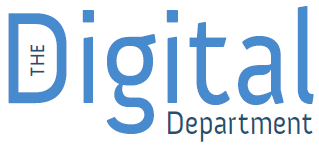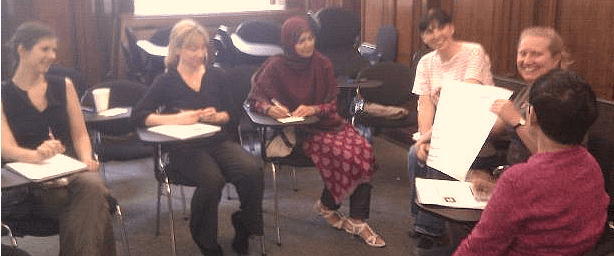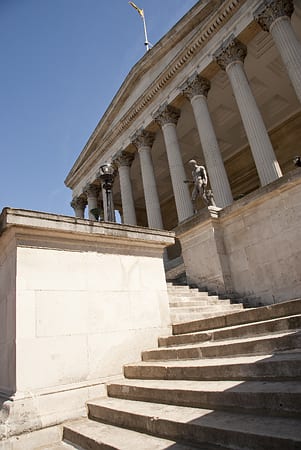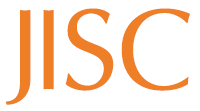NUS Charter on Academic Support stresses importance of admin support
By Stefanie D Anyadi, on 19 February 2012
The recently published NUS Charter on Academic Support is a tool for student representatives and student unions, which sets goals for good practice in academic support. One of the aims of the Charter is of particular relevance to the Digital Department Project:
Support, and recognition, should be available to those who provide support to students
There are many people who provide support to students, from central student services, academics and library staff to students themselves. Institutions should give these people time and resources to develop their skills as a mentor, and should give them the space to discuss the challenges they face. This will not only ensure that they feel that their contributions make a difference, but also help institutions to develop their support practices by sharing best practice across the institution and highlighting any development needs.
This fits in very well with The Digital Department project approach:
At UCL, the partnership between academic and non-academic staff is recognised as being essential in order to achieve the highest standards in UCL’s academic mission. Moreover “the use of online technologies is an essential component of the way in which students access and engage with the curriculum at UCL” (Institutional Learning and Teaching Strategy 2010-2015). It is becoming clear that for this vision of the modern university to be realised the digital literacies of support staff must be developed as a strategic asset.
The ambition of The Digital Department is to professionalise the digital literacy of teaching administrators (TAs) in order to enhance the teaching and learning environment. This is not simply the development of a specific group of staff; we see the digital literacies of students, academic colleagues and TAs as being interconnected via the digital learning environment.
Further information on the NUS Charter on Academic Support is available at http://www.nusconnect.org.uk/campaigns/highereducation/learning-and-teaching-hub/academicsupport/
 Close
Close






 JISC
JISC 

